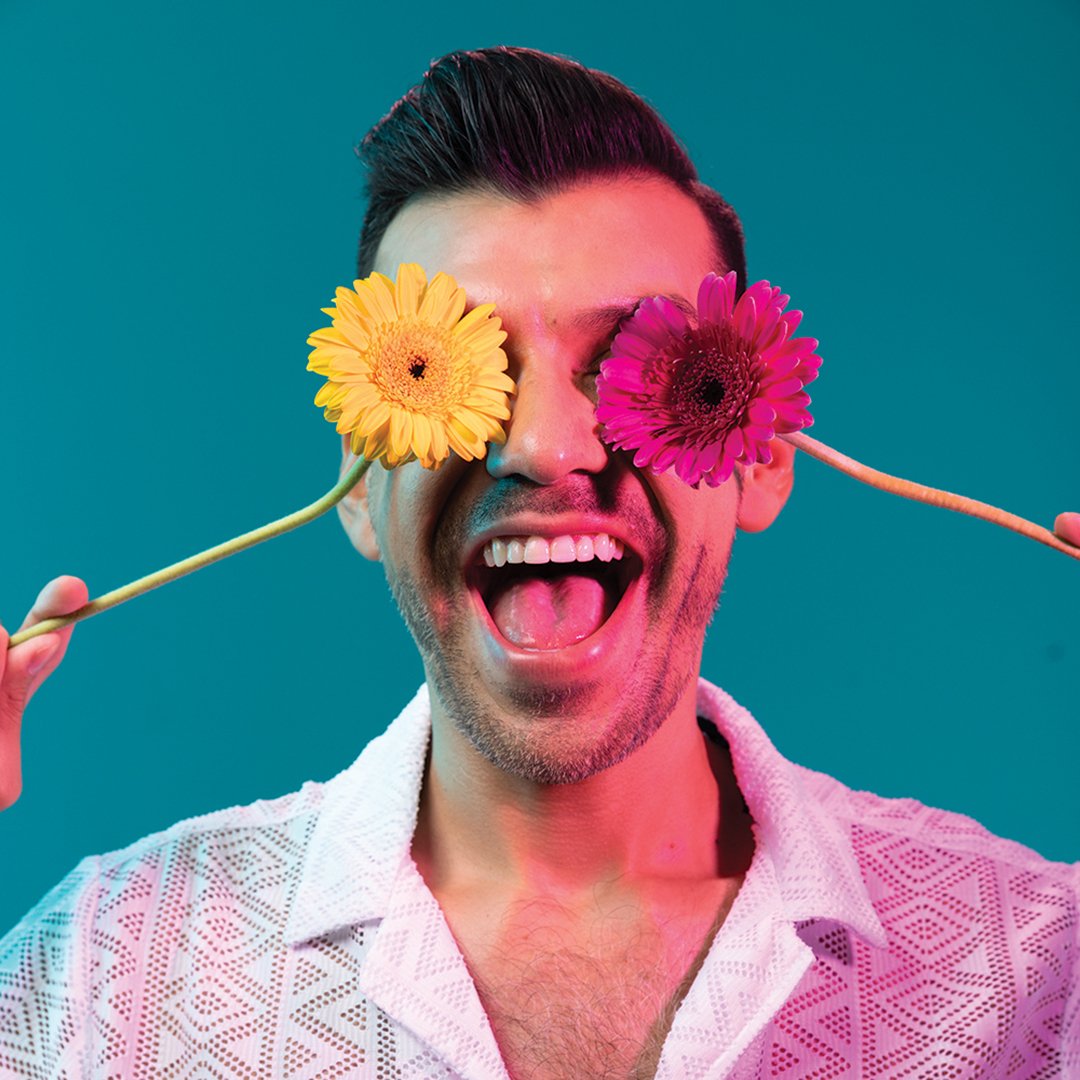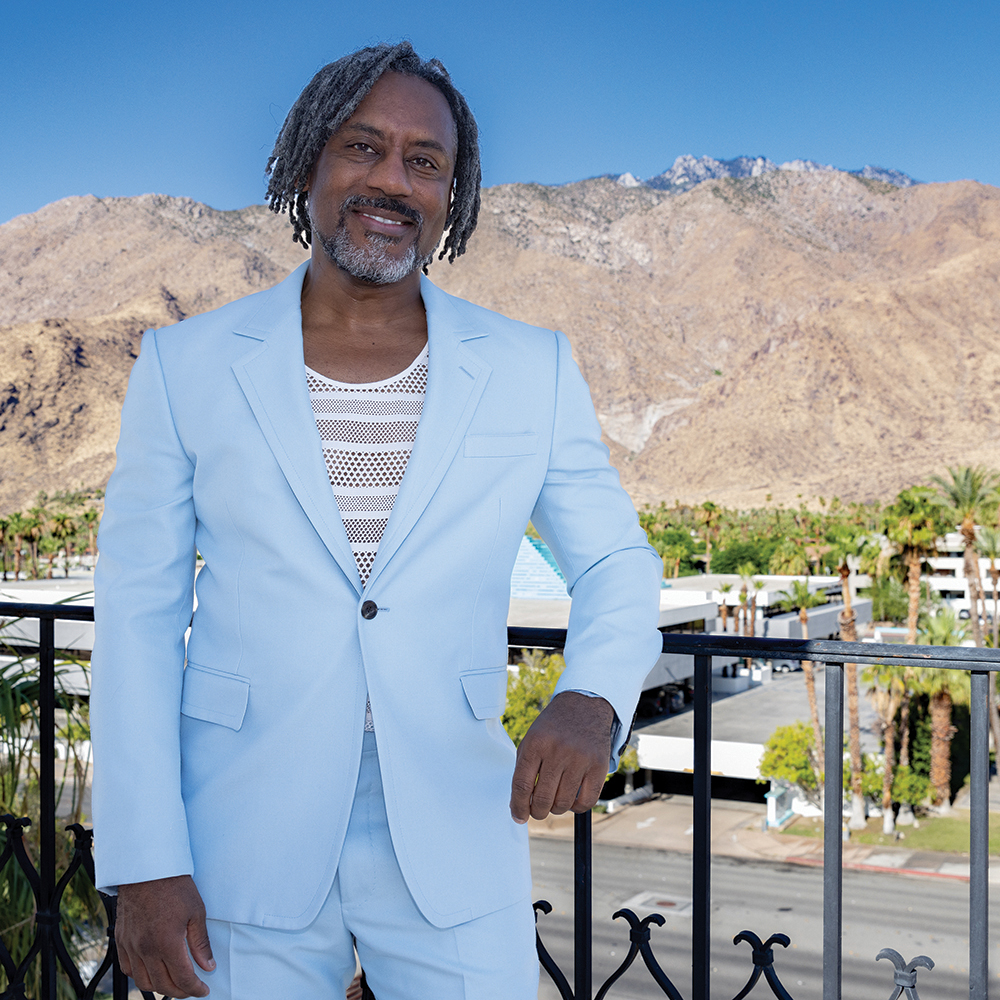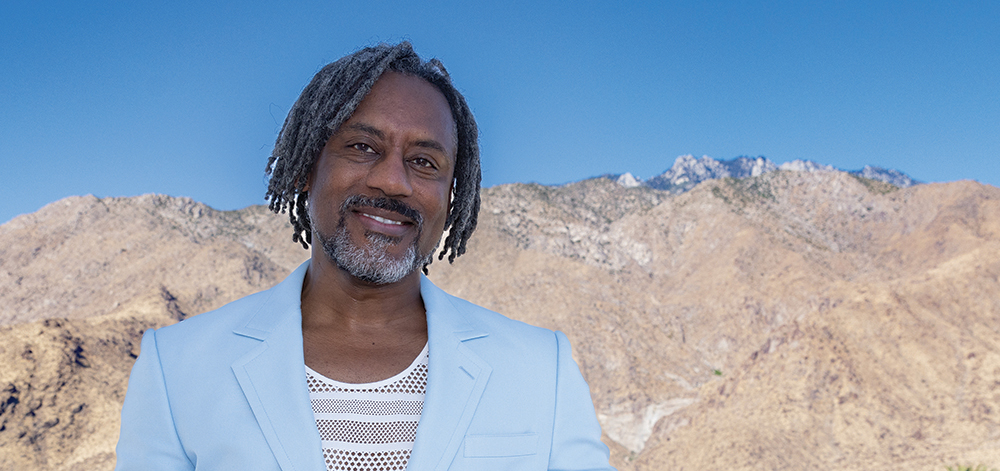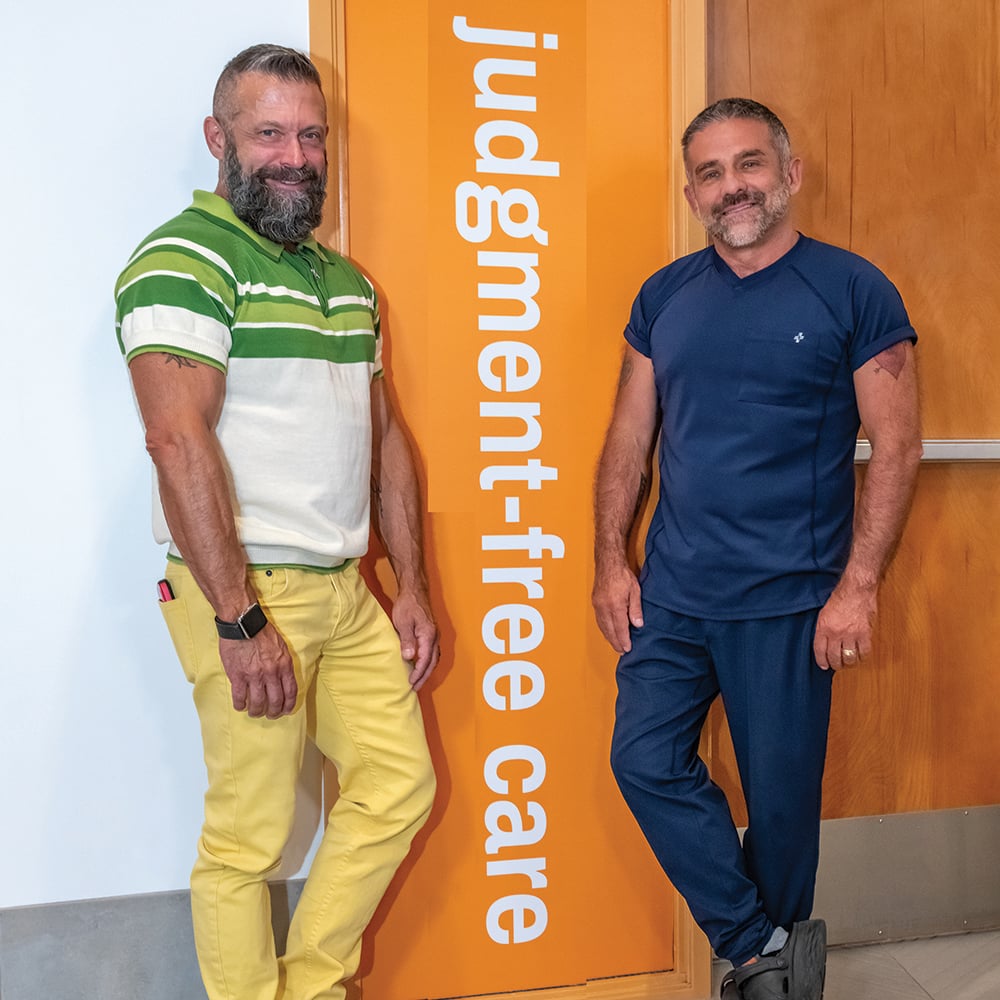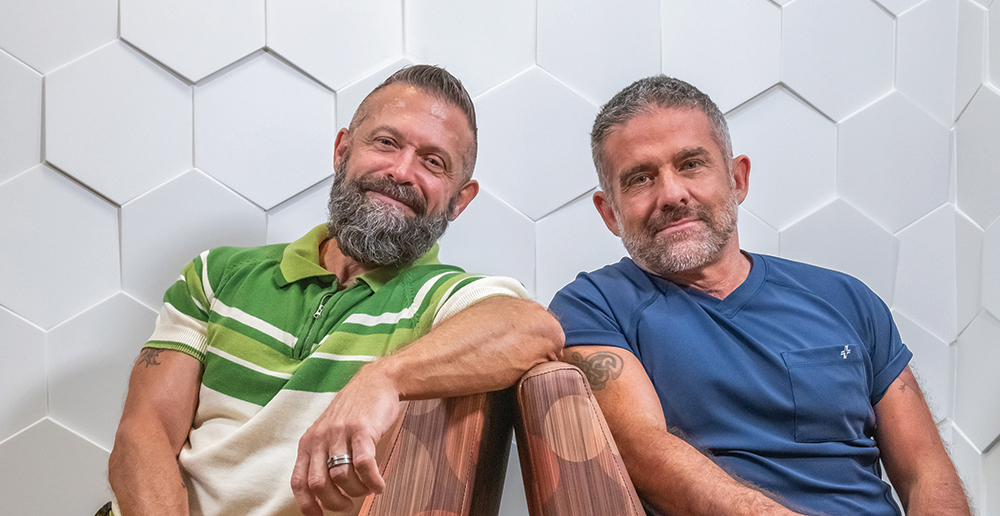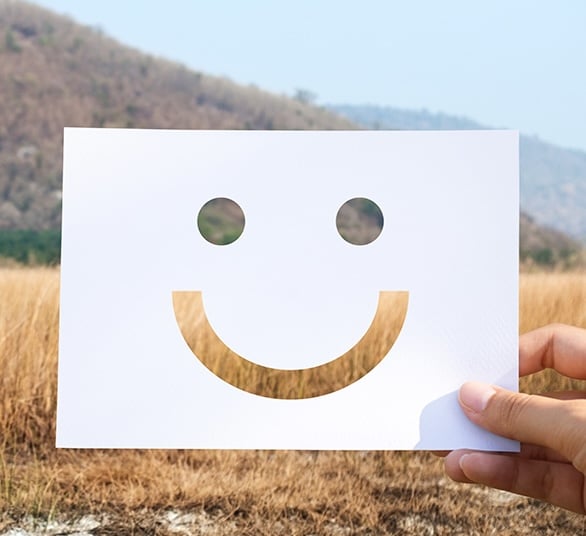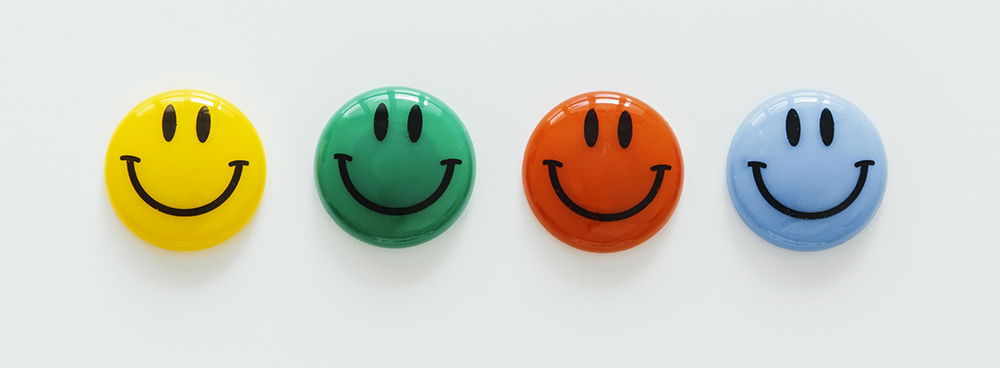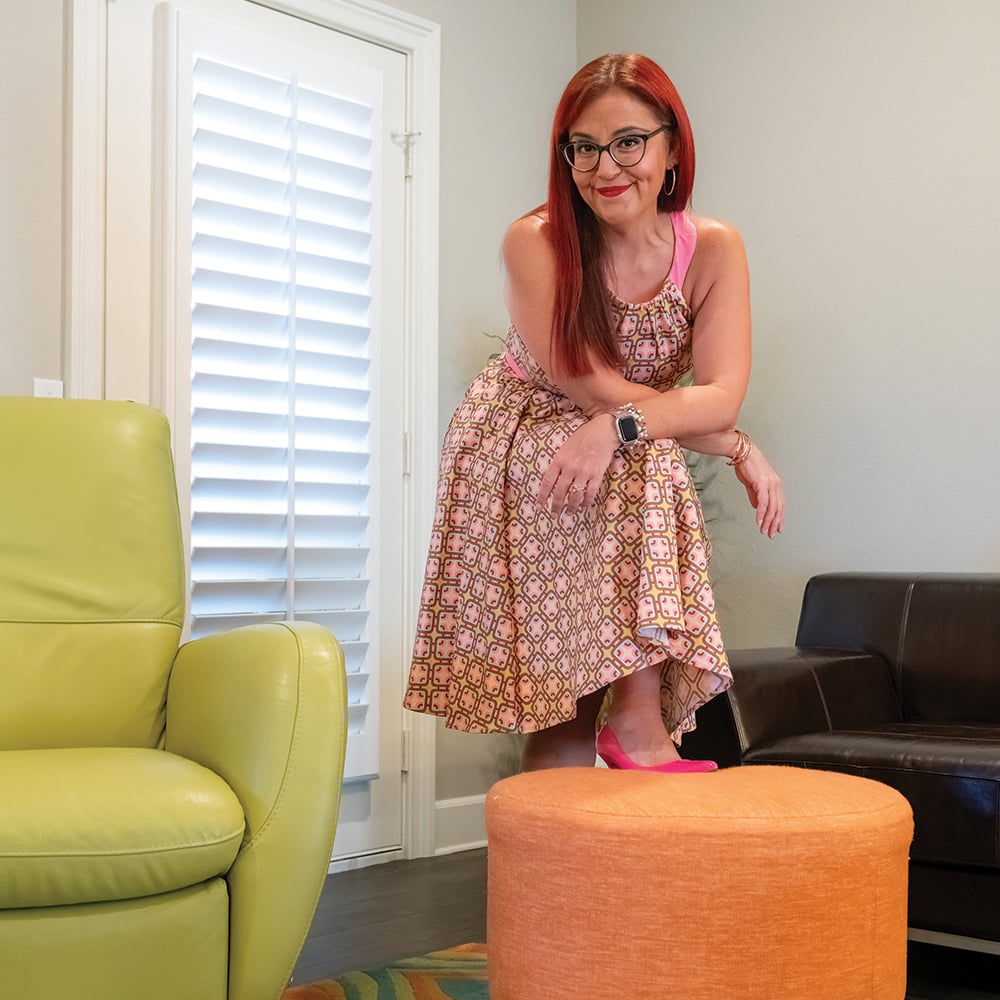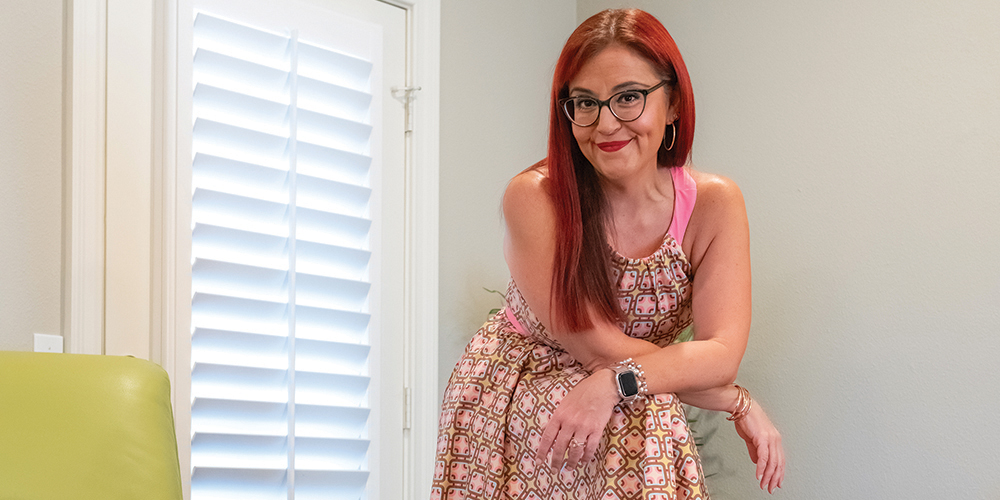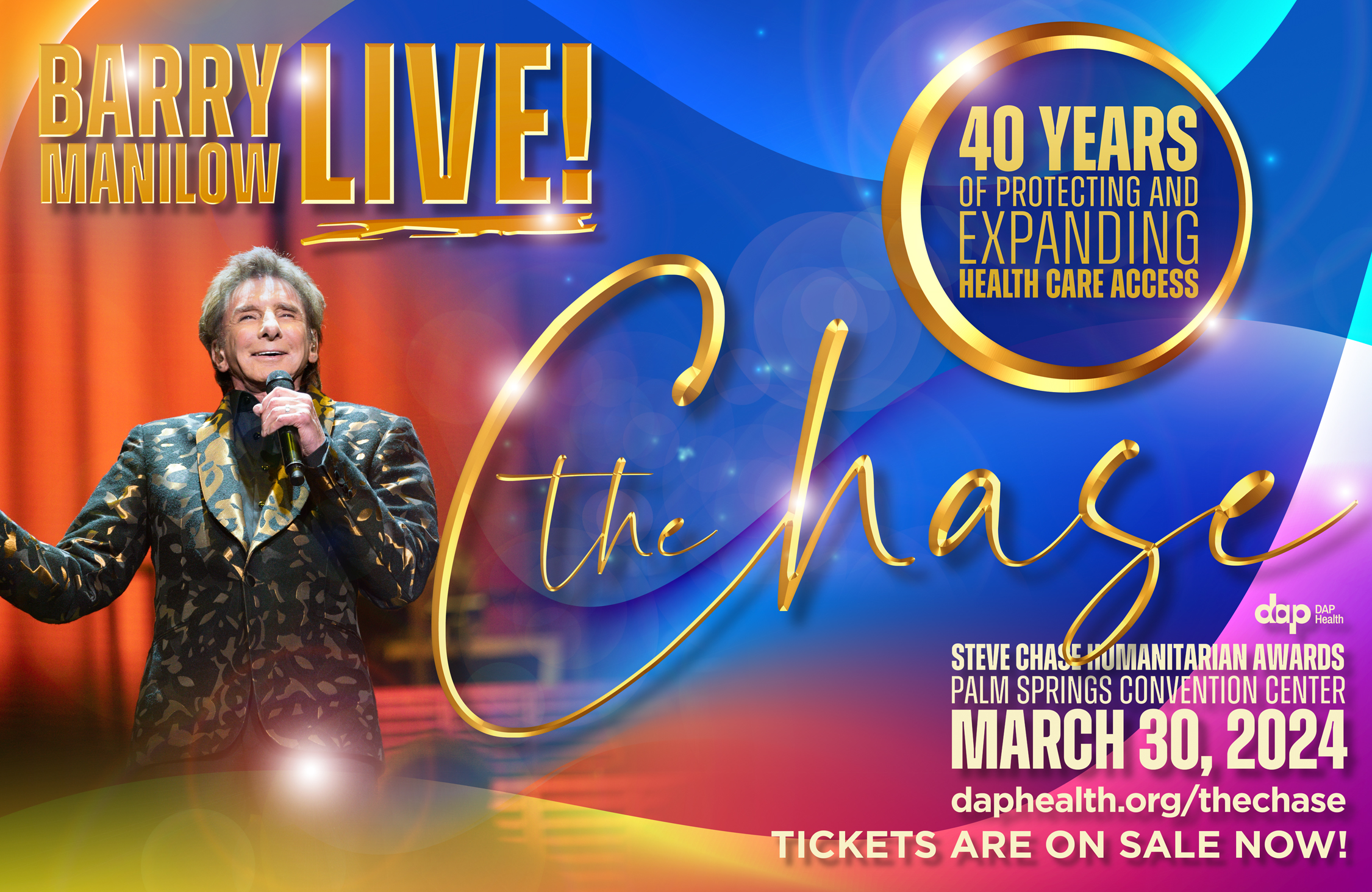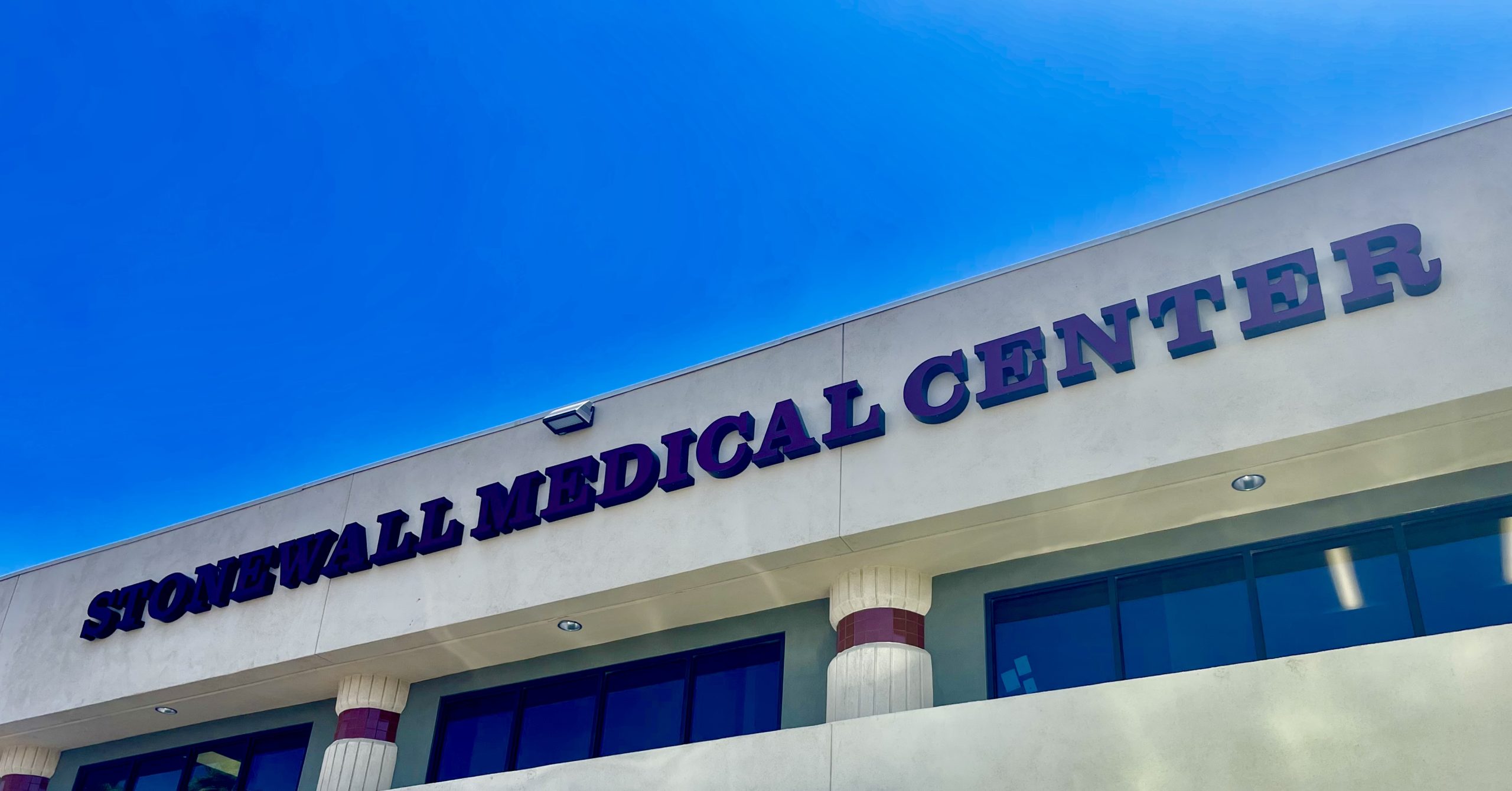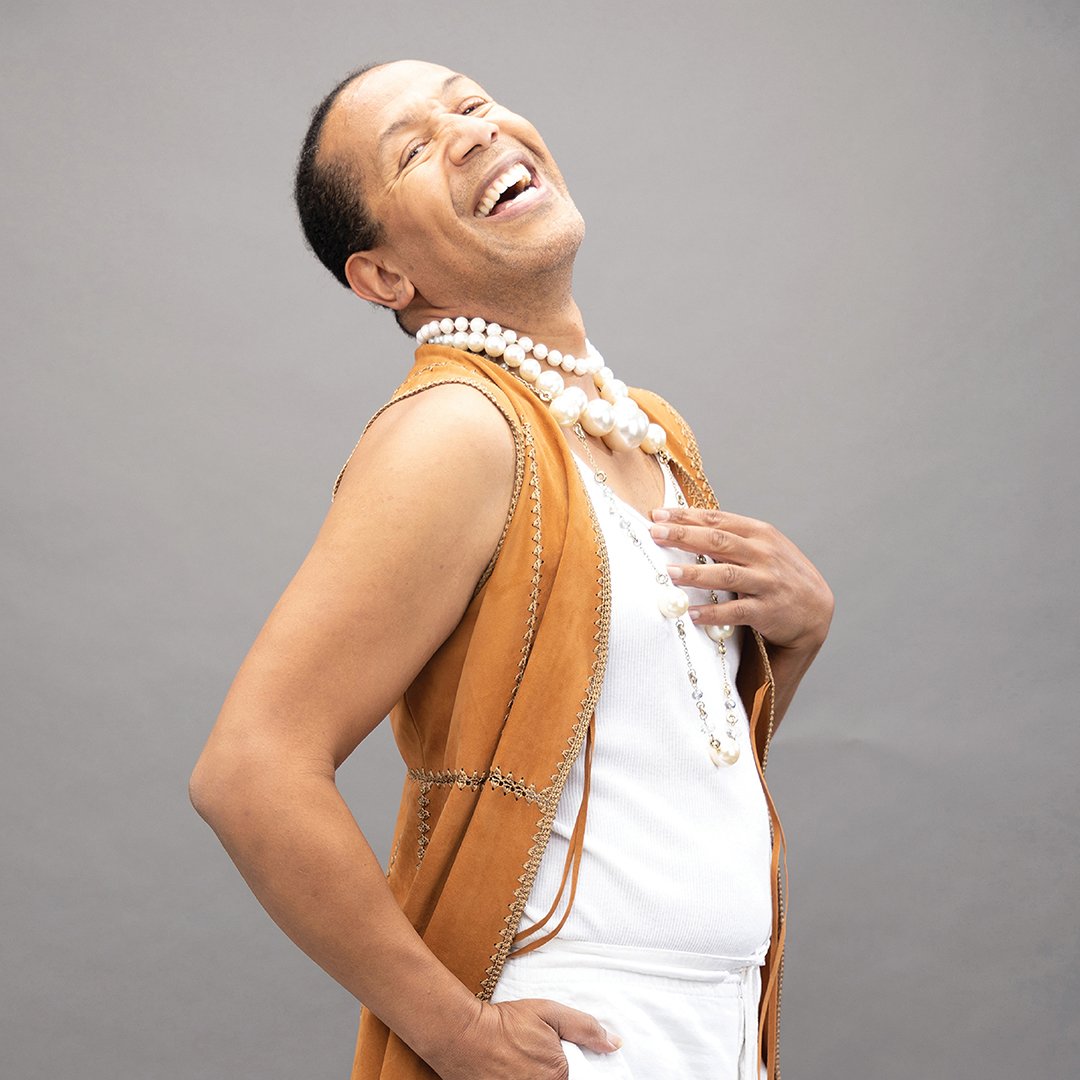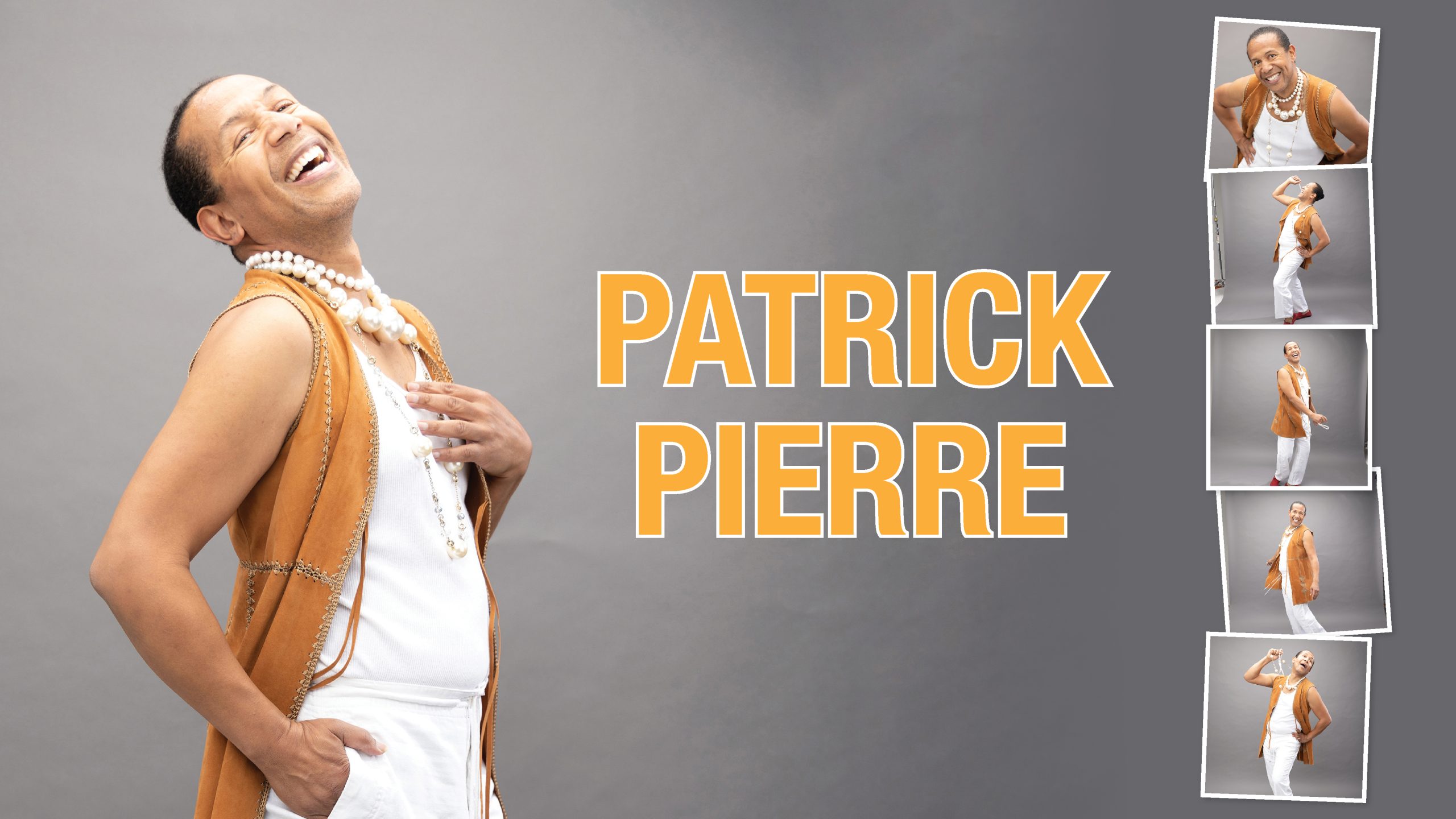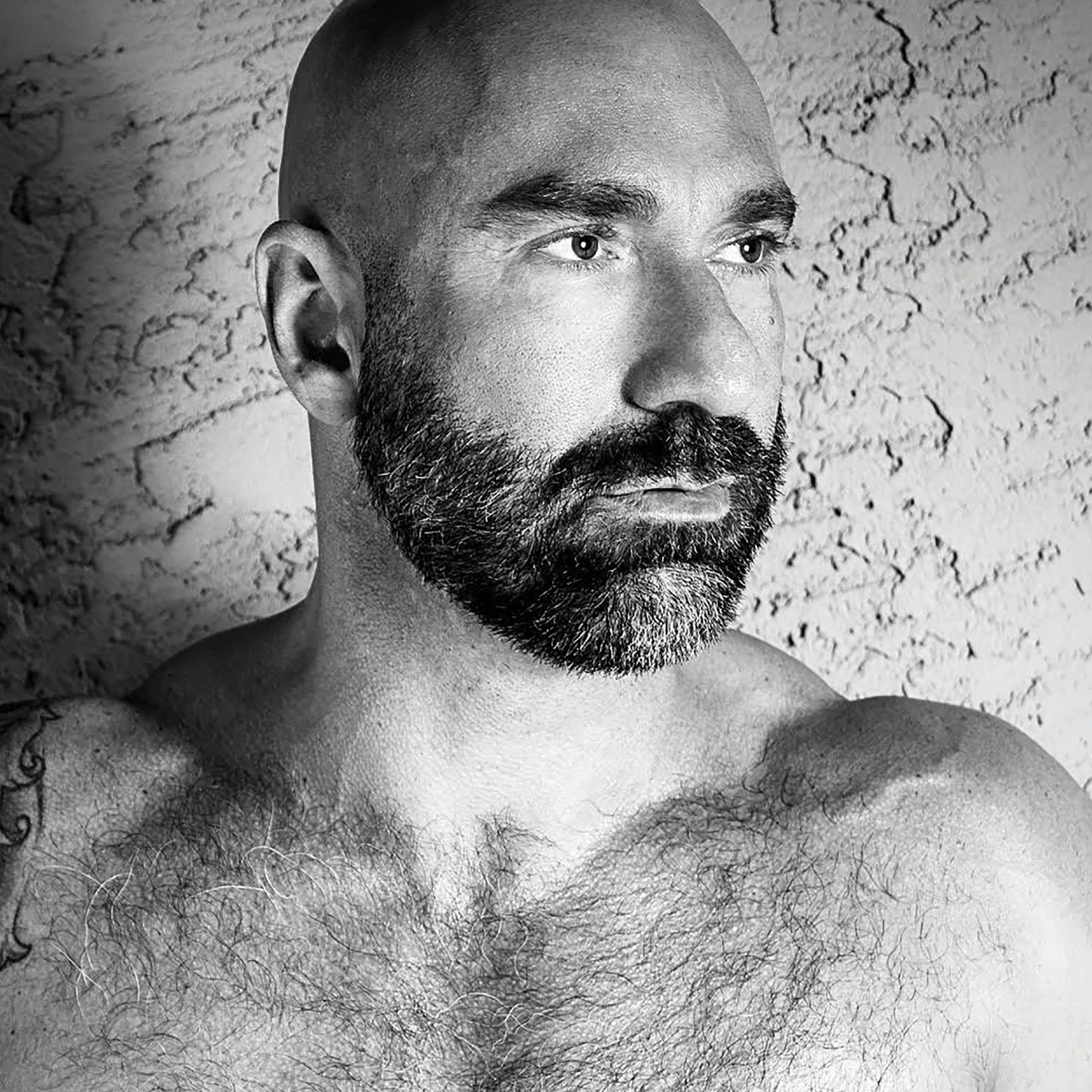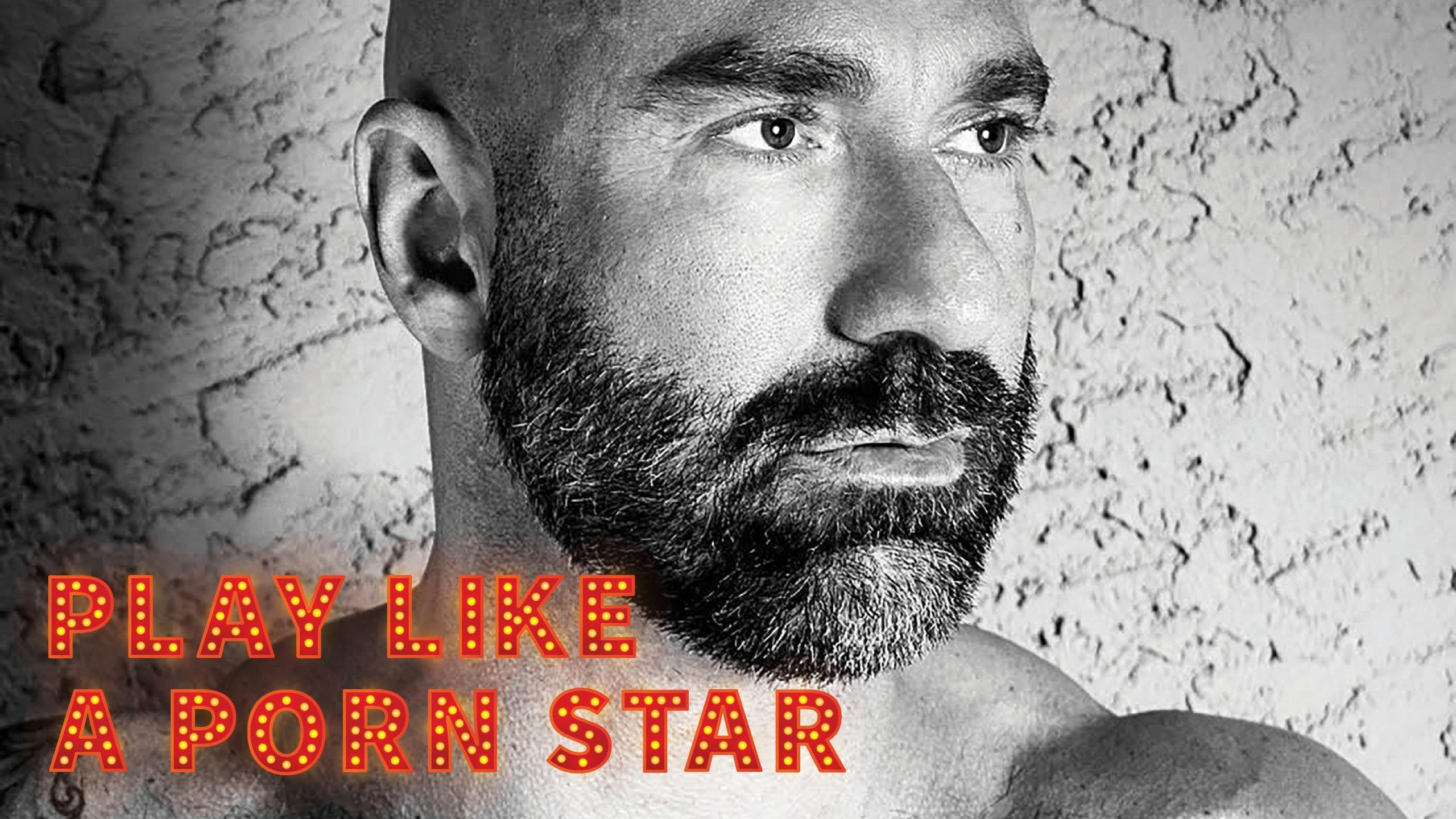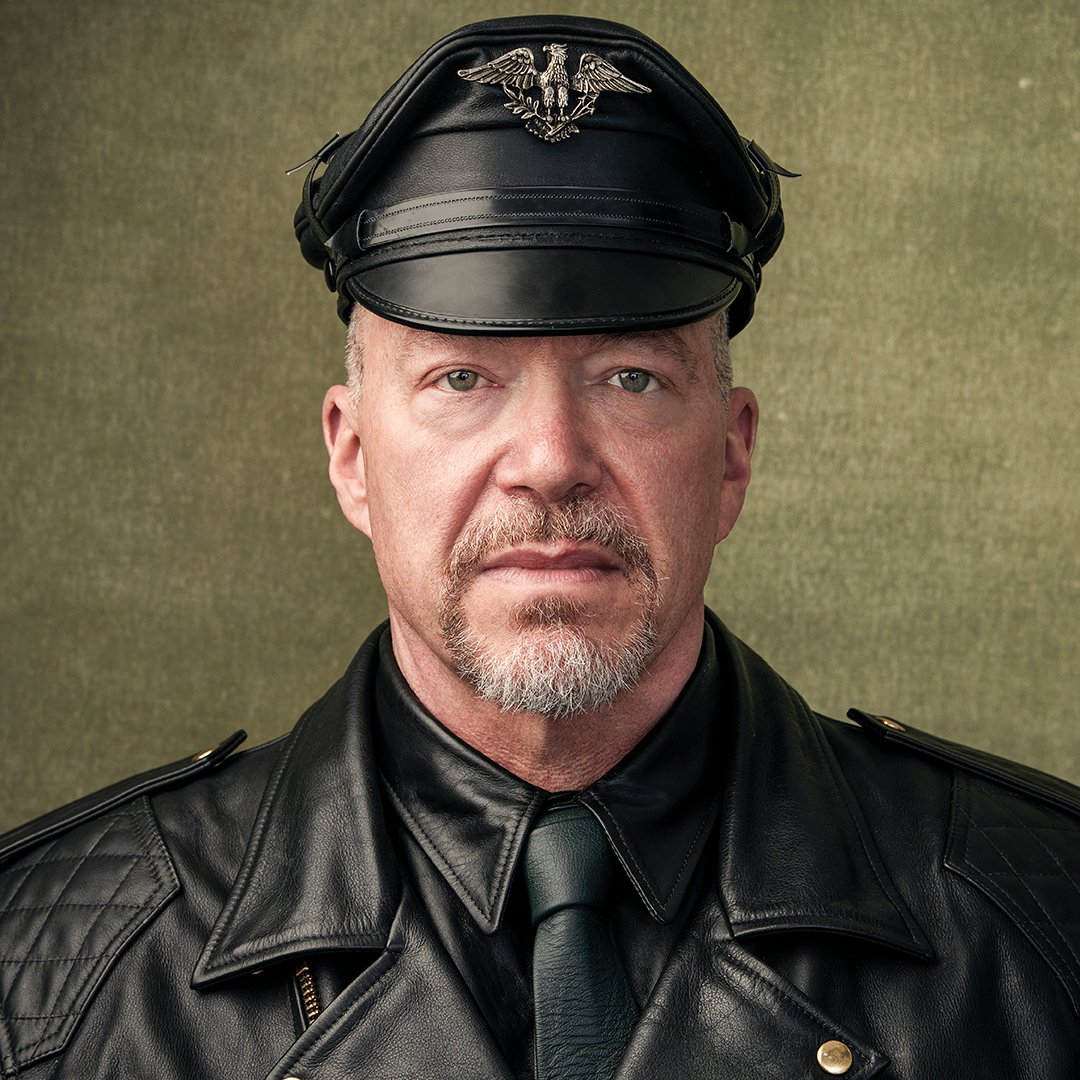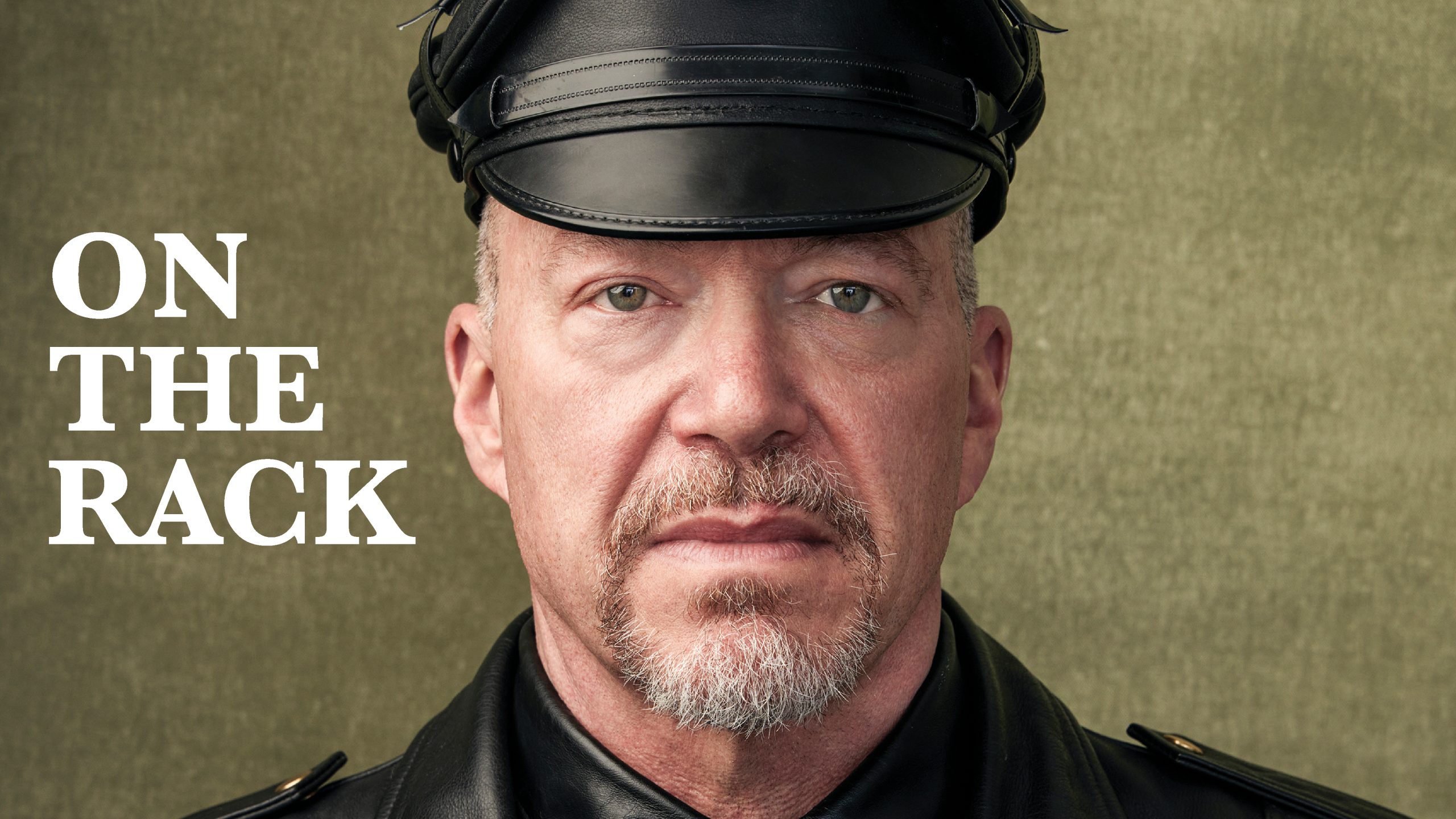
A Prescription for Positive Change
By adding wellness programs to conventional medicine, DAP Health elevates patient care.
Words by Ellen Bluestein • Photo by Zach Ivey
As seen in Issue 4 of DAP Health magazine.
Integrative Healthcare at DAP Health
At DAP Health, health care means more than just a routine physical or a sick visit. It means treatment that addresses the whole person and extends beyond conventional medicine to include complementary wellness programs and services.
Tailored Wellness Approach
“It’s all-encompassing, it’s collaborative, and it goes beyond the physical well-being,” says DAP Health Chief Academic and Medical Service Officer Carol Wood, who previously served for six years as the organization’s chief of clinical operations. “It really includes emotional, social, and financial aspects of the patient’s life situation, and each patient is different.”
The Role of Mental Health Integration
This integrative approach focuses on body, mind, and soul, and is tailored to an individual’s needs. “We try to address the patient where they are,” continues Wood. “What issues are affecting them that may be making it more difficult for them to be well. It might not be the medical side of things — that might not be the biggest issue.”
Complementary Services Offered
DAP Health Director of Behavioral Health Sharareh Gandy, Psy.D. agrees. “I’ve seen a lot of health care shifting toward this integrative model. It’s considering the different parts of ourselves, the different things kind of going on in our lives that impact our overall well-being, including our physical well-being, our emotional well-being, our spiritual well-being. And so, it’s been wonderful to see health care acknowledge that and bring in multiple different services to work as one in helping people integrate not only their health care but integrate the different parts of themselves.”
Addressing Social Isolation and Loneliness
For mental health practitioners like Dr. Gandy, the shift has had tremendous impact. “I’ve been really excited for mental health to be integrated into the medical model,” she says. “Historically it’s been [that mental health care] has been that thing that’s over there, that’s super private. But now, it’s like, ‘Well, it’s here!’ It’s in our day-to-day lives, it’s part of who we are, it’s a part of our health care, and it’s really reduced a lot of stigma for people. Over the years — with that integrative model and with telehealth — that it’s just increased access to care…and people are a lot more involved and engaged in seeking out services.”
Personal Development Opportunities
By implementing complementary services, DAP Health acknowledges the importance of alternative therapies as part of routine medical care. “In the wellness department, we offer services like acupuncture, massage, yoga — all those things that aren’t really considered conventional health care,” says DAP Health’s Wellness Center Manager Cory Lujan. “Wellness itself is complementary. We’re to be used in conjunction with, or are married to, the medical side.”
Enriching Programs Beyond Medical Care
From reducing pain and combating loneliness to addressing addiction and recovery, DAP Health’s wellness department offers a robust slate of programs and services — all of which are free to clients and designed to supplement medical care. These include:
Mind and body wellness modalities, including acupuncture, chair massage, chiropractic care, Reiki, Transcendental Meditation, and yoga, which can help with pain management.
Artistic expression, including clay sculpting, knitting, and quilting groups that bring together those with similar interests, alleviating social isolation and creating friendships. It also serves as a means of self-expression and encourages creativity, bolstering mental health.
Social support groups on topics such as HIV and aging, recovery, stress management, healthy relationships, intimacy, liver health, smoking cessation, and diabetes prevention, all of which impart important information and best practices, help clients navigate their health journeys, and decrease social alienation by encouraging conversation.
Personal development, including stylist and barber services, employment services, and computer proficiency classes that help clients acquire the skills necessary to be gainfully employed and move toward financial stability.
A monthly mobile market from FIND Food Bank, which provides free, healthy food — including fresh fruits and vegetables — ensuring access to the nutrition clients need. Located on the DAP Health Sunrise campus in Palm Springs, the mobile market is open to the public.
Various other programs and services, including a trending topics speaker series, lunch-and-learn presentations, and a book club that spark conversation and enrich lives by engaging clients’ minds and reducing social isolation.
Philosophy of Holistic Health
“It’s our philosophy, and we know it to be true, that housing is health care, food and nutrition are health care, spiritual wellness is health care,” concludes Wood. “It’s not all about just going to the doctor and getting a prescription. There are a lot of mental and spiritual things we can provide for our patients that are going to also impact their health outcomes in a positive way. That’s why we do these things. And if more interventions pop up on the radar that we believe might also help our patients, we at DAP Health are probably going to be the first ones to try them."









